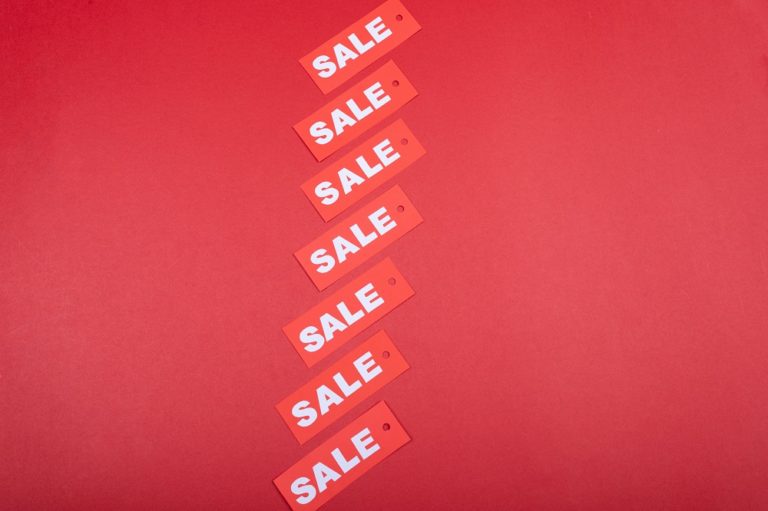Money Rules: Ask this before buying anything
Money Talk is intended to inform and educate; it's not financial advice. Affiliate links, including from Amazon, are used to help fund the site. If you make a purchase via a link marked with an *, Money Talk might receive a commission at no cost to you. Find out more here.
Before you buy anything, you should ask yourself: Does this fit in with my priorities?
That’s the money rule that Sara Williams lives by.
Williams has been a debt advisor for over 20 years and writes Debt Camel, a website where she answers all the pertinent questions about debt and credit scores.
Last year, I interviewed her for a Money Talk series on debt where we chatted about what actually happens when you go to a debt charity for help, why a Debt Management Plan might be useful for some, and your options when the debt gets serious.
Here, she explains the reasons behind her money rule.
When did you start this rule and why?
When I was very broke as a student I used to ask myself, “Is this the best use of this money?” And that worked pretty well as I only had one main priority – not running out of money during the term.
It also worked when I got my first job and my partner and I started saving hard for a house deposit.
But as you get older, you have more things that are important and there isn’t always one overriding aim. So I rephrased it to: “Does this fit in with my priorities?”
Why is this your number one money rule?
It makes you think about what your real priorities are and make changes accordingly.
For example, it’s always tempting to budget over too short a period, but if you want to be able to take a full year’s maternity leave, most people have to plan in advance for the drop in income.
How does the rule work in practice?
Before you buy anything, ask yourself the question.
Like most financial “rules”, it’s easier to apply the longer you persevere with it. This one is high level, so that after a while it becomes nearly instinctive.
You don’t actually have to lecture yourself that overpaying the mortgage is your top priority at the moment. Equally, if for some bizarre reason, buying a certain handbag is your top priority and you have saved up for it, you can happily buy it.
It also adapts well to changing situations.
Perhaps in 2022 your main aim was to travel more, but the rising cost of living means you now need to spend all of your income on bills and essentials. Not what you wanted, but it’s time to adjust your priorities.
Or you may have made a conscious decision this year to go greener and buy less fast fashion and eat less meat. It can also work here.
How has it helped you manage your money?
It’s worked fine for me.
I think the acid test for this particular rule is: do I have any major regrets over things I did buy or things I chose not to. And I can’t really think of anything.
I have definitely bought some clothes that I didn’t wear as much as I expected, and like everyone I’ve made some mistakes when choosing items for the house. But no real regrets over the fact that I didn’t buy something or do something.
Are there any downsides?
Well you won’t buy as much stuff!
But then do you really want to? Because if you did, it would be one of your priorities.
Finally, do you have any other hints and tips?
For 2023, it has to be “keep your budget very realistic”.
Just because you managed fine on £80 a week for the family food budget last year, doesn’t mean that it’s possible now with rising prices.
If you find you are using your credit card or overdraft for necessities and your balance is going up, talk to a good debt adviser now – don’t wait until everything is maxed out.
Pin this for later








